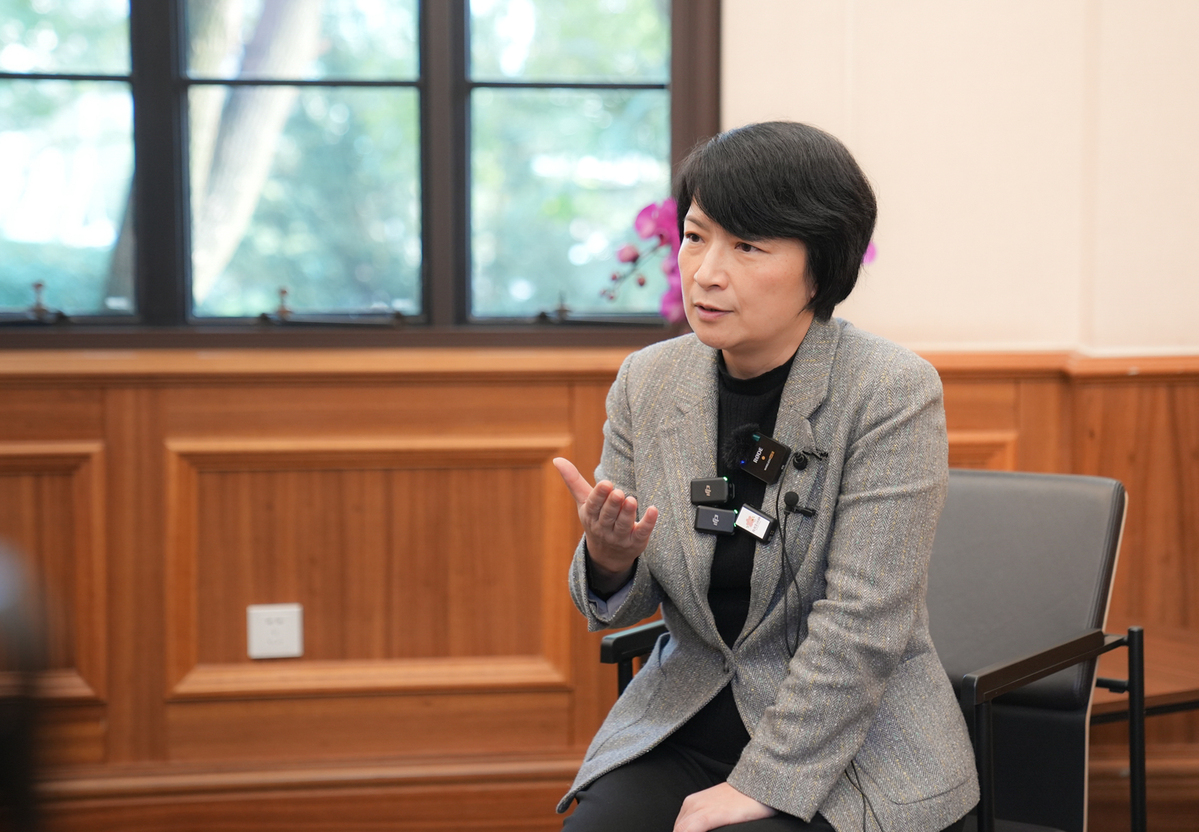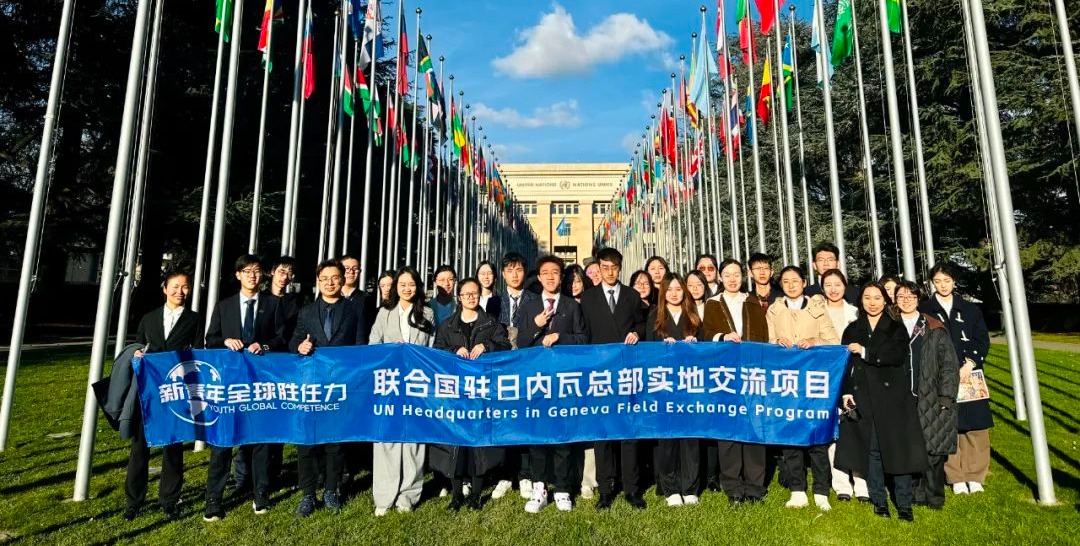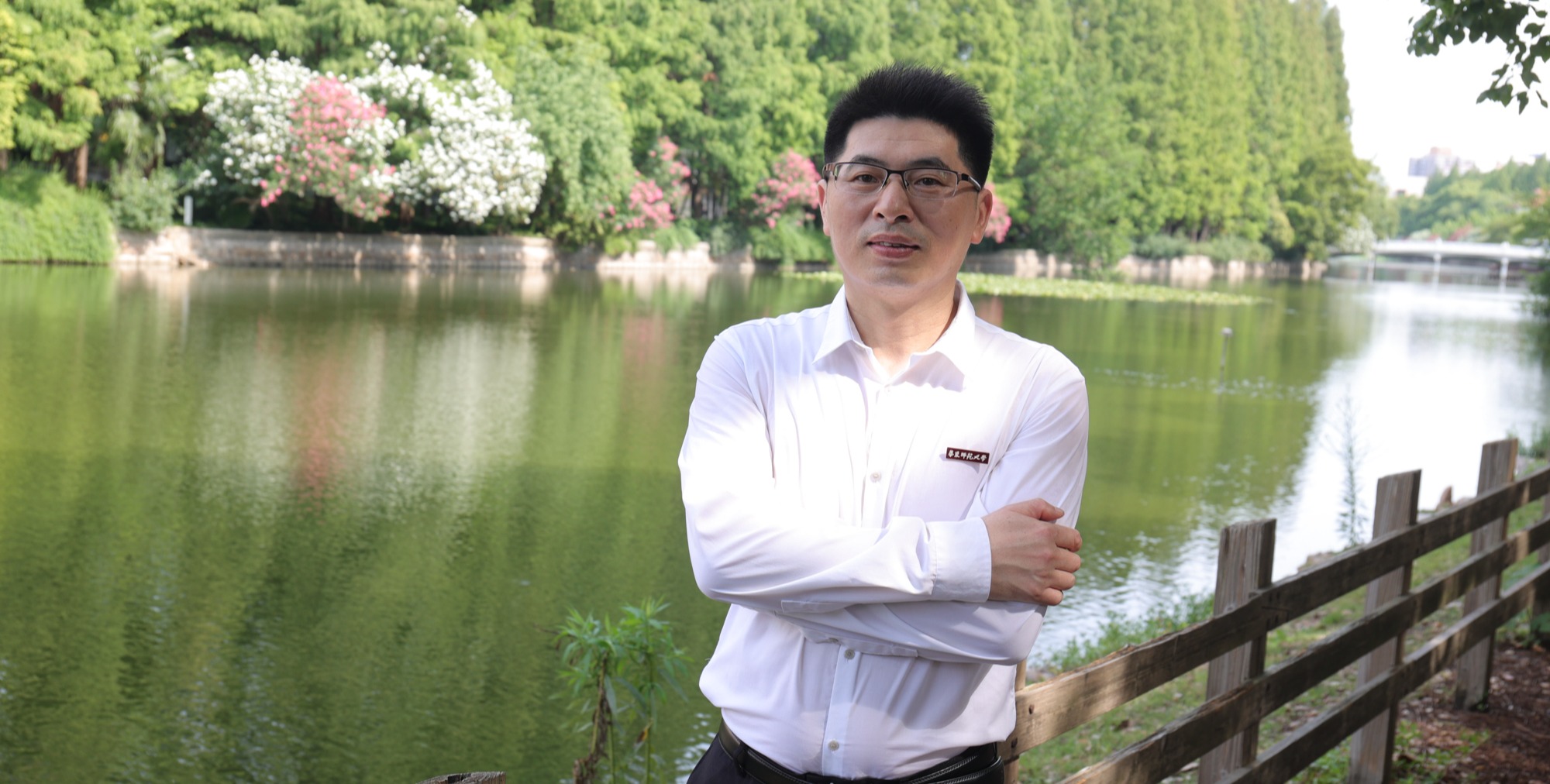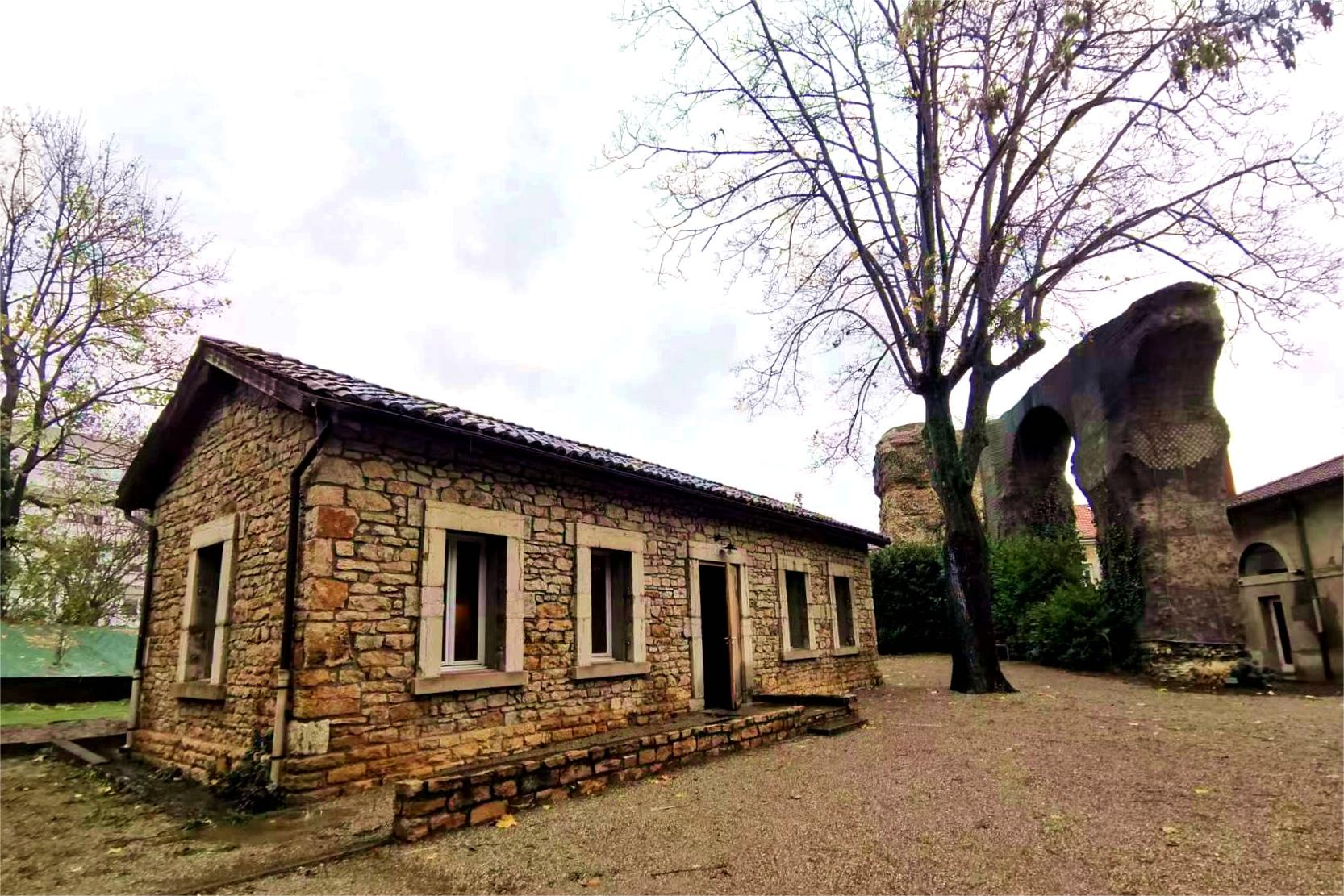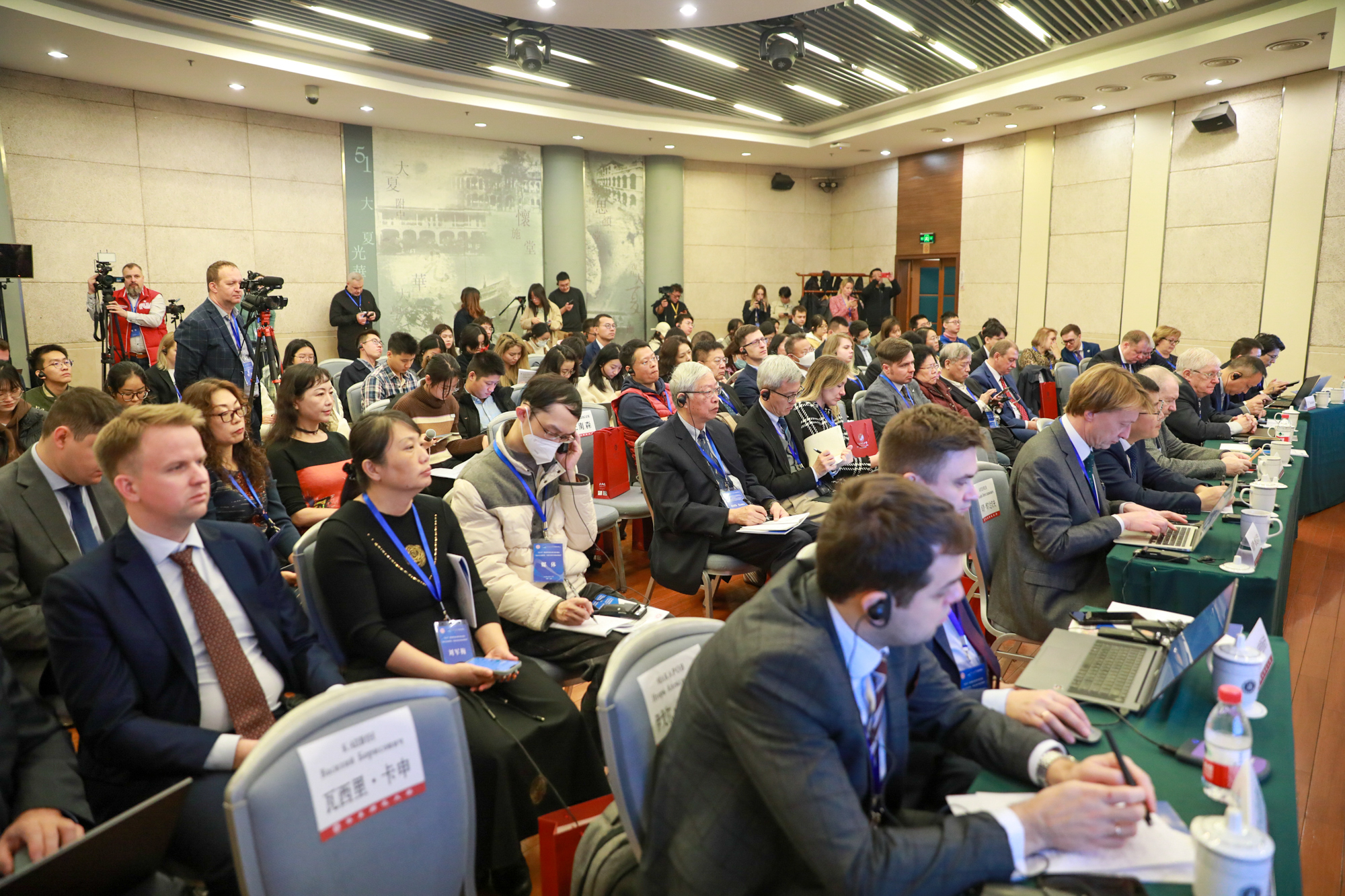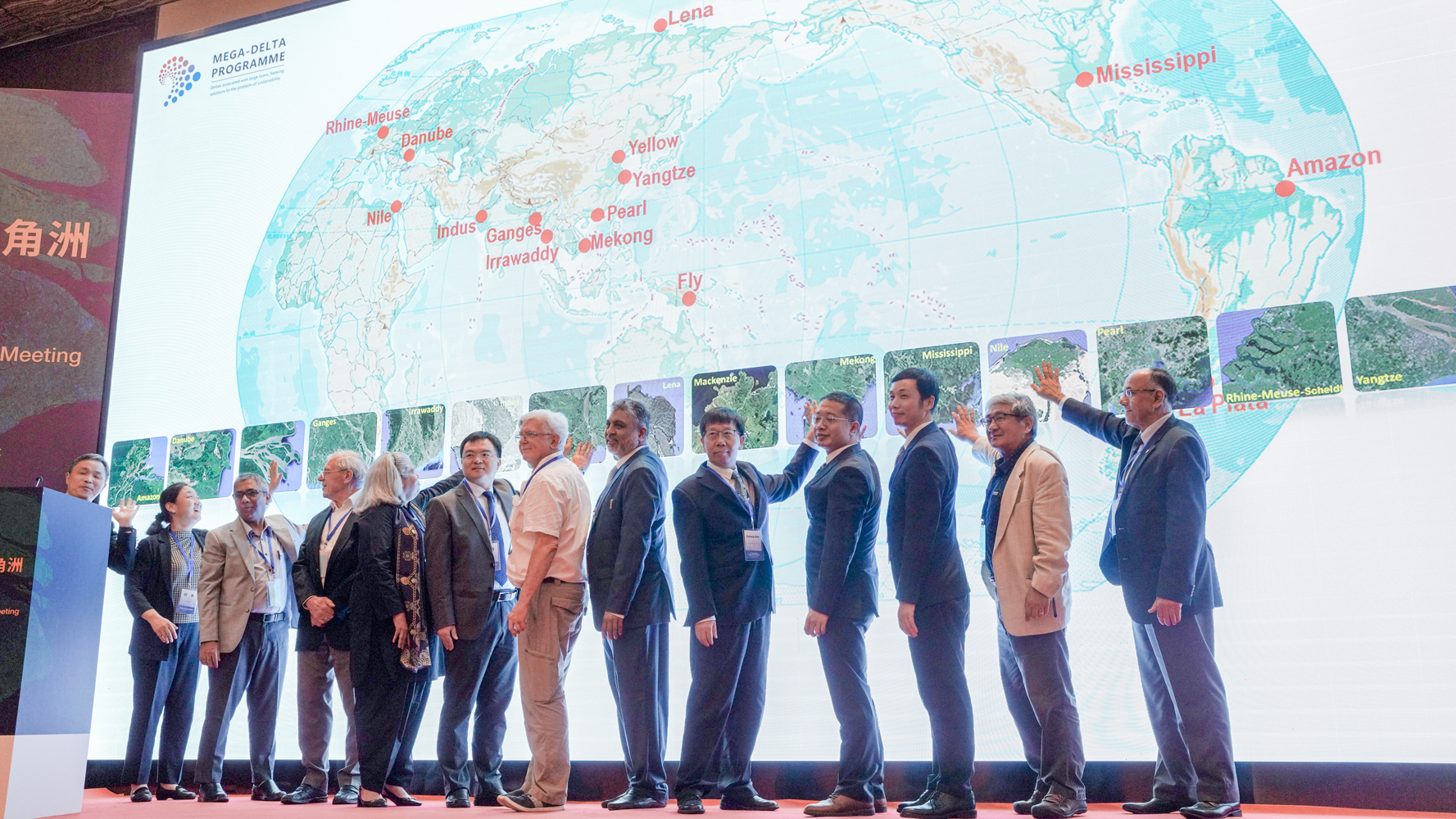# Hot Search #
“In the future, I will persist in the academic path I am fond of, and also hope to continue to develop more valuable and practical cutting-edge technologies to benefit human health in a wider range of application scenarios”, said Chen Liang, a PhD student from the School of Life Sciences at ECNU.
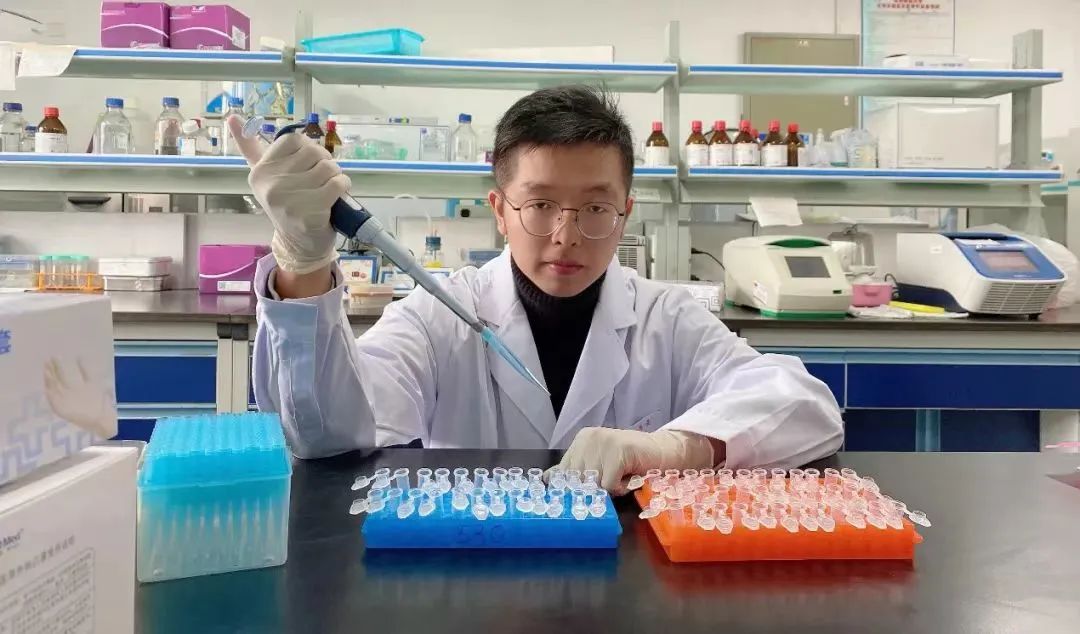
Chen Liang, a PhD. candidate from the School of Life Sciences, is currently conducting scientific research in the team led by Faculty Professor Li Dali. With his main focus on gene editing technology, he has published 4 articles in Nature Biotechnology, Nature Chemical Biology, and Nature Cell Biology as the first author (including co-author) and applied for 13 patents (4 international PCT) with 2 granted. Moreover, he was invited to give a presentation at the Genome Engineering Seminar held at the Harvard Medical School, and was twice awarded the National Scholarship for PhD. In addition, he has also been awarded the national "Top 100 Postgraduate Student Party Members", the Outstanding Communist Party Member of ECNU, the Gold Medal of the 12th"Challenge Cup" China College Students Entrepreneurial Plan Competition, and the Silver Medal of the 6th China International "Internet+" College Students Innovation and Entrepreneurship Competition in Shanghai.
Chen Liang continued his story: in 2018, I joined Prof. Li Dali's research team and officially initiated my postgraduate study. At first, the highly intense experimentation stressed me out. It was too tough because the BE team I was working in barely had any rest. However, the encouragement of my senior fellow apprentice Zhang Xiaohui (Now PI of the Institute of Systematic Medicine, Chinese Academy of Medical Sciences) inspired me to keep up.

Thanks to our working at full stretch, we have successfully developed hyCBEs and A&C-BEmax, which were published in Nature Cell Biology and Nature Biotechnology respectively, and the findings were also highlighted by Nature Reviews Genetics and Nature Cell Biology. These achievements were also acclaimed by Chinese Science Journal, China Education Net and other media.
I hope to overcome the shortcomings of canonical base editing technologies from the bottom up, and provide new editors with more clinical applications. However, breakthroughs in new technologies never happen overnight.
From May to August 2020, there were no good positive data outputs from thousands of repeated tests of transfection experiments in the early stage. During the pandemic in the first half of 2022, the stomach pain and eczema were getting worse, and the submission was rejected twice. Those days were very frustrating.
But finally, with the joint efforts of our mentor and team, we once again obtained two new technical breakthroughs. The first one is the successful development of a new generation of "precise and safe" adenine base editor ABE9, which has reduced DNA/RNA off-target events to the background level and effectively solved all kinds of potential off-target hazards of canonical ABE. Theoretically, it will provide a new precise targeting tool for correcting nearly 50% of genetically pathogenic SNVs. This important study was published in Nature Chemical Biology.
The other breakthrough is the development of the first novel CGBE/CBE series (Td-CGBE/Td-CBEs)which do not rely on the AID/APOBEC family of natural deaminases. It is expected to greatly improve the safety of future clinical applications, and this molecular modification strategy also provides new insight for development of novel gene editing technology and protein evolutionary engineering. a significant achievement was recently published in Nature Biotechnology.
I’ve always kept in mind "problem-oriented and demand-driven". I hope that technology we developed can really work for people's happiness. I also encourage my fellow students to go ahead with their ideas and then they will certainly witness unexpected "scenery" along the way!
